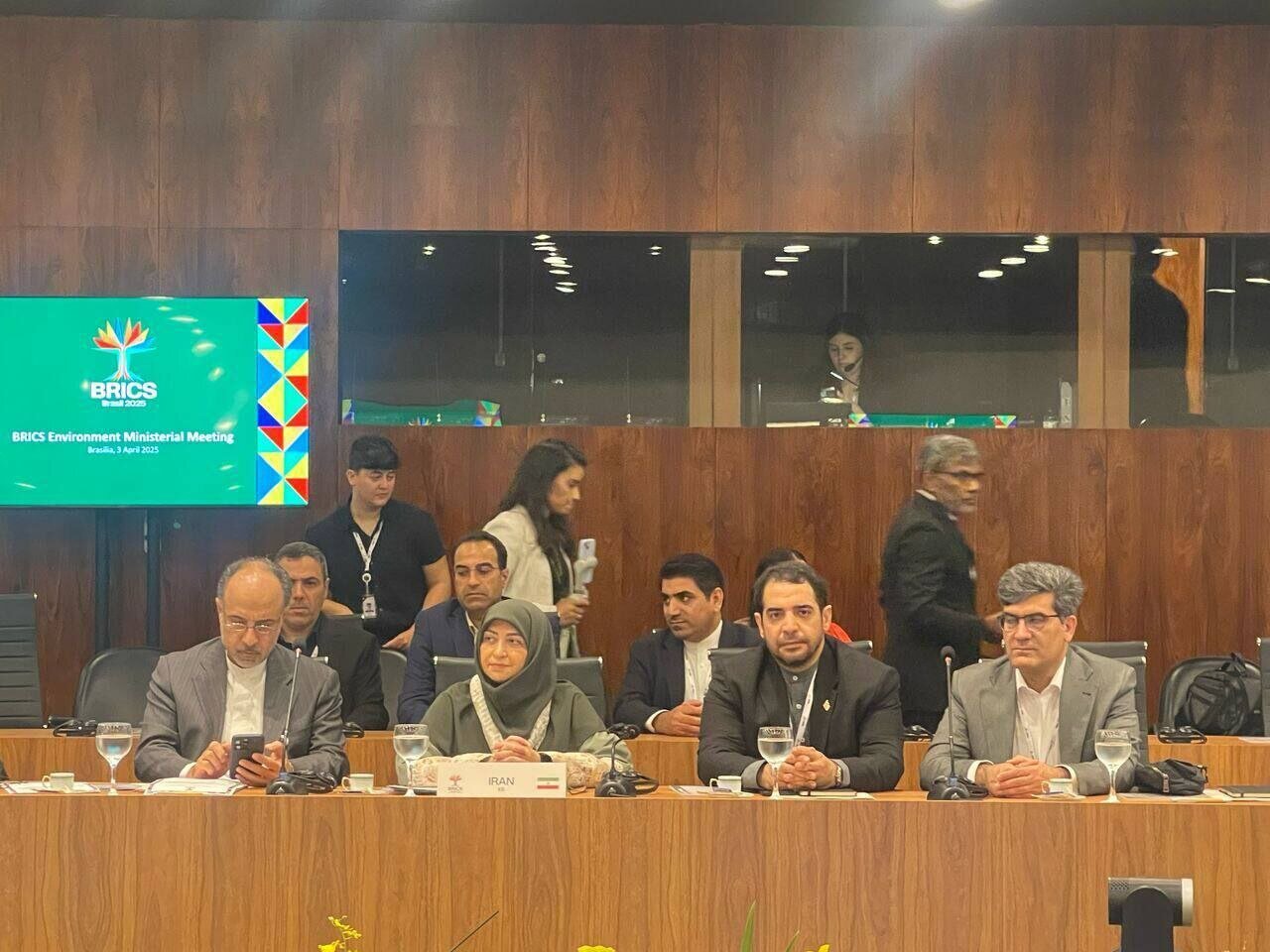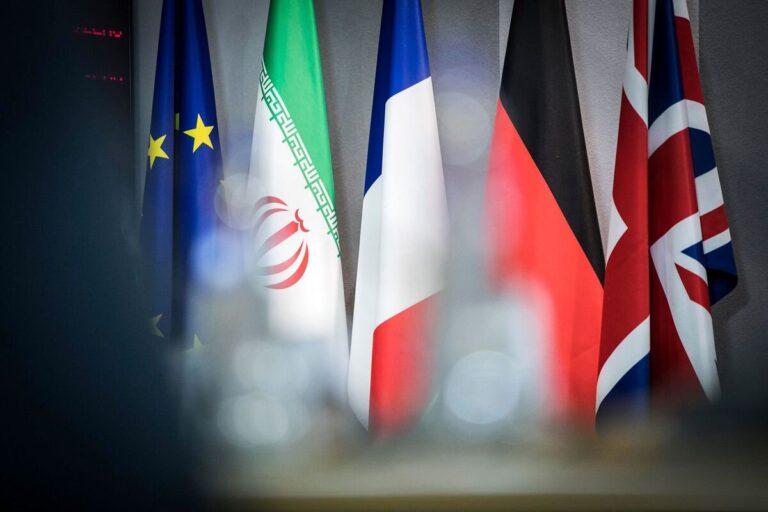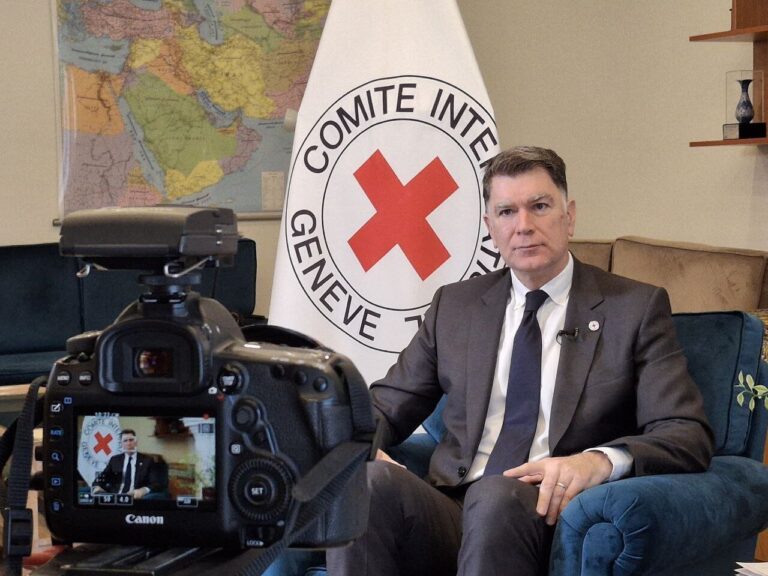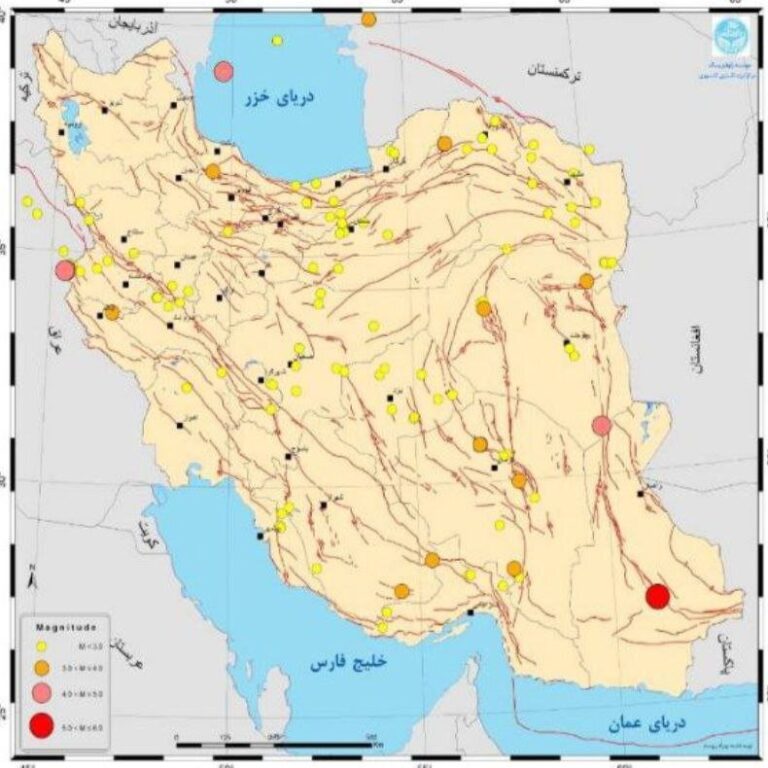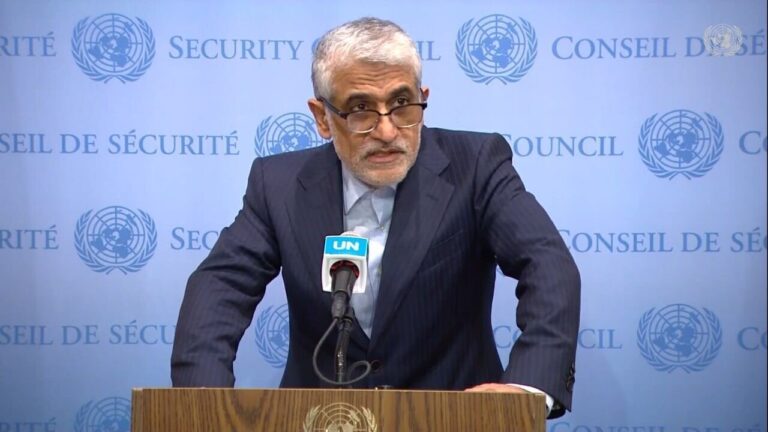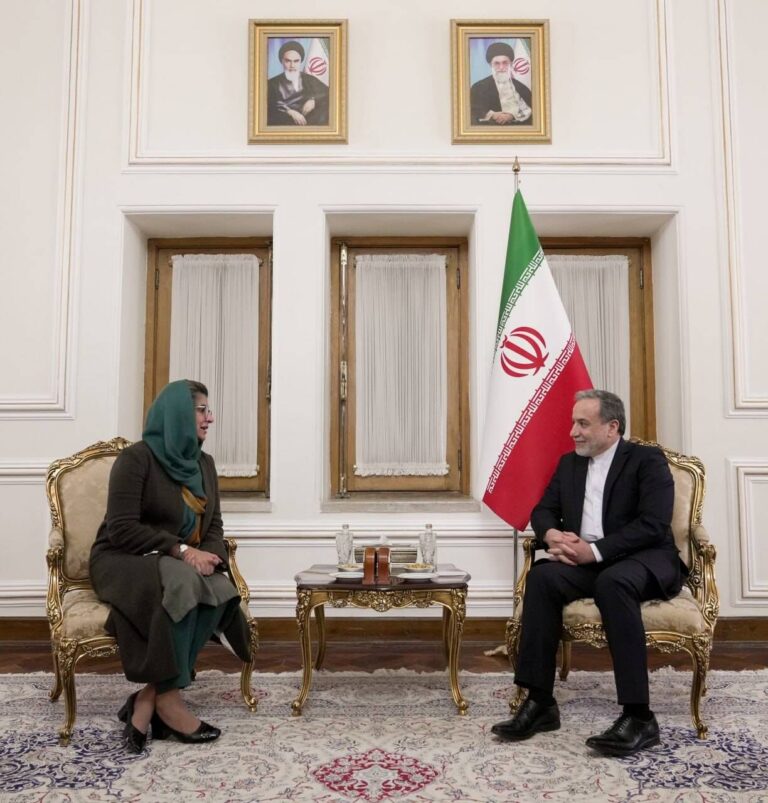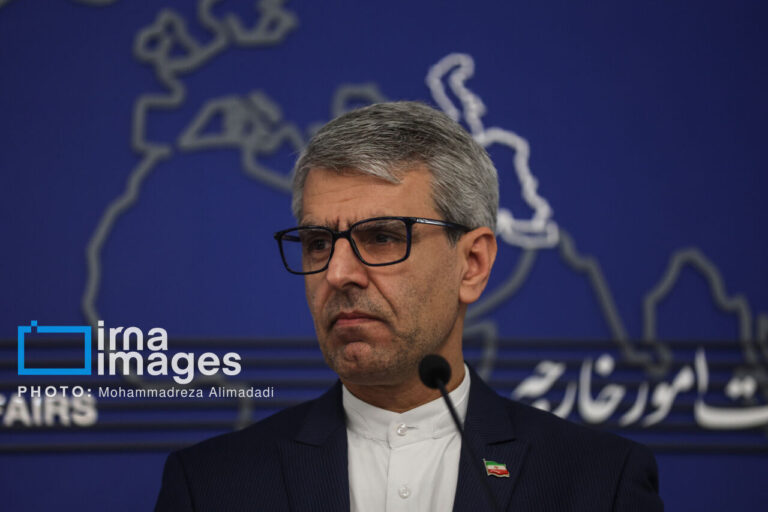Iran Urges BRICS to Launch Green Innovation and Plastic Waste Management Funds
In a recent address at the 11th BRICS Environment Working Group (EWG) held in Brazil, Shina Ansari, the head of the Department of Environment (DOE), proposed the establishment of a joint green innovation fund. This fund is intended to support climate change adaptation projects in developing countries, along with a global initiative to manage plastic pollution. The discussions during this important event spotlighted the necessity for BRICS nations to collaborate on environmental challenges that affect the globe.
Ansari emphasized the significance of these meetings, stating that they offer a valuable platform for BRICS member countries to make realistic and comprehensive decisions to address shared environmental issues. The agenda set forth by the United Nations encompasses three critical challenges: climate change, biodiversity loss, and pollution. These issues necessitate adequate financial resources, technology transfer, capacity building, and strengthened international cooperation for sustainable economic and social development.
However, Ansari pointed out that unilateral trade restrictions disguised as environmental protections have led to numerous challenges. She remarked, “The movement towards a green transition is a crucial step in tackling climate change and lowering carbon emissions.” This transition involves:
- Adopting low-carbon energy sources
- Improving energy efficiency
- Supporting sustainable urban planning and transport systems
According to Ansari, these initiatives can effectively mitigate climate change’s impacts while simultaneously creating new economic opportunities and enhancing community quality of life. She urged BRICS to take an active role in providing technical, financial, and advisory assistance, which includes:
- Knowledge exchange
- Implementing joint projects
- Exchanging professional expertise
- Strengthening cooperation
In addition to proposing a funding system for climate projects, Ansari suggested creating a clean technology transfer center. This center would ensure equitable access to the latest carbon reduction technologies. Furthermore, she advocated for a joint environmental monitoring platform that utilizes remote sensing and artificial intelligence to manage transboundary crises. She also called for the development of new international legal frameworks and a ban on sanctions against environmental projects.
Ansari elaborated on Iran’s commitment to sustainable development, highlighting significant advancements such as:
- Expansion of renewable energies
- Protection of biodiversity
- Increase in national protected areas
- Efforts to combat sand and dust storms
Despite these efforts, she noted that Iran is among the most vulnerable countries to climate change, facing prolonged droughts, sand and dust storms, loss of biodiversity, severe reductions in river flows, and over-extraction of groundwater resources. Ansari expressed Iran’s readiness to enhance environmental cooperation with BRICS, proposing to host a meeting for BRICS experts to develop a joint action plan. This plan would aim to address critical issues, including water scarcity and sustainable financial solutions.
On the sidelines of the BRICS EWG, Ansari met with Brazil’s Minister of Environment and Climate Change, Marina Silva. During their meeting, they discussed strategies to strengthen environmental ties and joint efforts to mitigate the effects of climate change. Key topics included:
- Protecting forests with local community involvement
- Combating climate change
- Expanding renewable energy
- Protecting biodiversity
Water resource management emerged as a significant point of discussion. In light of Iran’s water crisis and reduced rainfall, Ansari welcomed Brazil’s experiences in water recycling and called for technology and knowledge exchanges in this area. She also addressed the urgent threat posed by plastic pollution, suggesting the creation of a global fund to manage this issue, encouraging developed nations to take on greater responsibilities.
In response, the Brazilian official highlighted the crucial role of forests as major carbon storehouses and oxygen producers, stating that Brazil is eager to share its experiences in forest conservation.
Understanding the BRICS Environment Working Group (EWG)
The BRICS EWG, established in 2015, serves as a collaborative platform for member countries to tackle fundamental environmental challenges. It promotes dialogue, shared experiences, and the exchange of information and best practices among the BRICS nations.
The EWG convenes annually under the framework of the BRICS Memorandum of Understanding (MoU) on Environmental Cooperation, which was signed by the BRICS Environment Ministers in Johannesburg, South Africa, in 2018. This MoU identifies key priority areas for cooperation, including:
- Air quality
- Water management
- Biodiversity
- Climate change
- Waste management
- Implementation of the 2030 Agenda for Sustainable Development
Additional areas may be included through mutual agreement among participants. A Plan of Implementation for 2023–2027 has been developed to translate the EWG commitments into actionable outcomes, providing a structured roadmap for enhancing environmental coordination and cooperation among member countries. It also supports compliance with national and international environmental conventions.
The EWG plays a pivotal role in overseeing the effective implementation of the MoU. As the current chair, Brazil is focused on strengthening the implementation of this Plan to foster action-oriented cooperation among BRICS nations.
